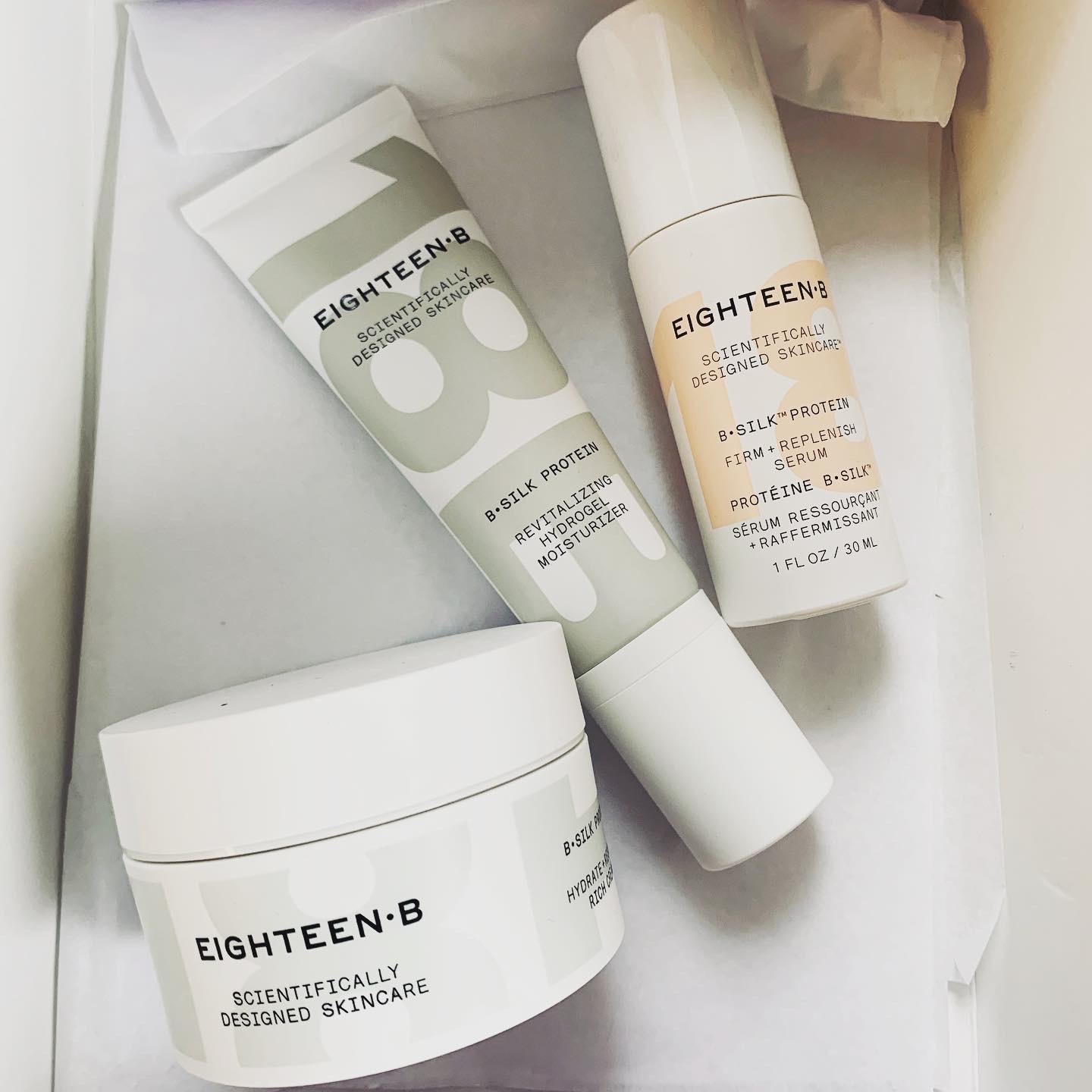This is very interesting news and maybe could become a trend in US chemical sales going forward (just like Alibaba in China).
Archer Daniels Midland’s (ADM) Renewable Chemicals business announced that it is significantly expanding its pool of prospective customers by offering some of its best-selling products for sale via e-commerce giant Amazon.
In May of this year, the Ag Services and Oilseeds business teamed up with ADM Ventures to launch their LinSheen line of linseed oils on Amazon. Initial results were positive which is why the business added two popular ADM products — food- and industrial-grade propylene glycol and food-grade glycerin — to ADM’s Amazon offerings. Propylene glycol and glycerin are either soy or canola based products, used in a variety of applications ranging from food and beverage ingredients to plastic components, to functional fluids, and even home and personal care products.
According to ADM, demand for sustainable, bio-based solutions to product-formulation challenges is increasing with each passing year; one market-research company pegged the 2018 value of the global renewable chemicals market at a striking $88 billion.
E-commerce directly from manufacturers seems to be expanding in the renewable chemicals sector. In August this year, P2 Science launched an e-commerce store that offers renewable flavours and fragrances products as well as cosmetic ingredients in pack sizes between 500 g and 25 kg for shipment anywhere in the USA. International options will be added as well.
The first products on the P2 store are:
- Biononanal®, a fragrance aldehyde that imparts a citrus, rosy odor. It is made from 100% renewable vegetable oil and therefore carries a signature scent that differentiates it from petrochemical aldehydes which contain branched alkyl chains.
- Citropol® F, a 100% vegetable derived fragrance fixative. This novel patented product increases the staying power of fragrances on skin and fabric without any off-odor.
- Citropol® 1A, a bio-renewable, biocompatible and biodegradable alternative to silicones for use in many types of cosmetic, skincare and haircare products.
Renewable chemical companies have also launched e-commerce sites for consumer products incorporating their ingredients. Amyris launched last year its Pipette baby care brand last year after its success with its skincare brand Biossance, which also has its own e-commerce site that primarily uses its farnesene ingredient in skincare products. Pipette’s major ingredient is Amyris’s sugarcane-derived squalene. Products from both Pipette and Biossance lines are also sold on Amazon.com.
Renmatix, launched this year several consumer brands for its cellulosic sugar PlantRose, Celltice for skincare and personal care products; Nouravant in food applications; and nrtrd for hand soaps. These products don’t have their own e-commerce as of yet but another Renmatix brand that is already selling products is AllWell sugar-based masks.
Bolt Threads has its Eighteen B skincare e-commerce site already up and running since early 2019 which featured Bolt Threads’ proprietary sugar-based silk ingredient. Bolt Threads also recently launched its Mylo leather line, which hopefully, affordable products incorporating this material will be available to the public in the near future.
In disclosure, the green blogger has been using Eighteen B products and so far there are no complaints other than they are a tad bit more expensive. I have also used Pipette’s hand sanitizers (prices were very good) which I highly recommended to family and friends.
Addendum (4 November 2020):
Australia-based biotechnology company Circa Group sent this press release also noting its new e-commerce store which enables the bio-based platform chemical levoglucosenone (LGO) from waste cellulose and some of its derivatives to be directly purchased for research and discovery purposes.
LGO has applications in a wide range of areas, such as pharmaceuticals – including coronavirus therapeutics – agrochemicals, bio-based polymers and the flavours and fragrances industries. Until recently, many LGO-based products were only available on a very small scale with little proven technology to synthesise them on a larger scale.
Circa’s prototype plant in Tasmania, Australia uses the patented Furacell™ process to produce around 1000 kg per month of LGO-based products. Further increase in production capacity will come with Circa’s new plant, which is set to produce 1,000 tonnes per year of bio-based solvent Cyrene™. Located in Eastern France, engineering work has recently begun and the estimated commissioning date is the end of 2022.





